Author Archives: Dina Kozlov
Author Archives: Dina Kozlov
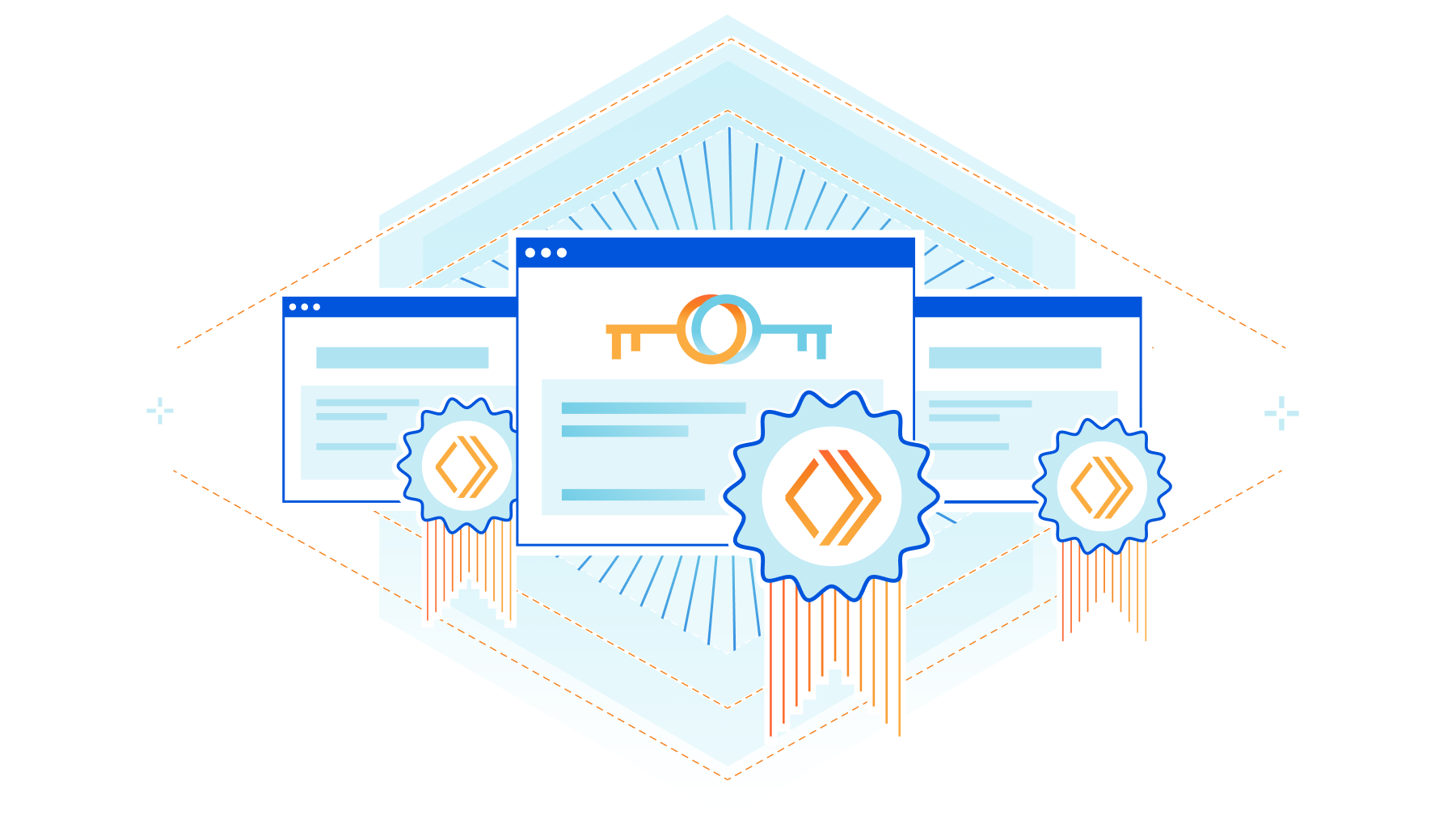
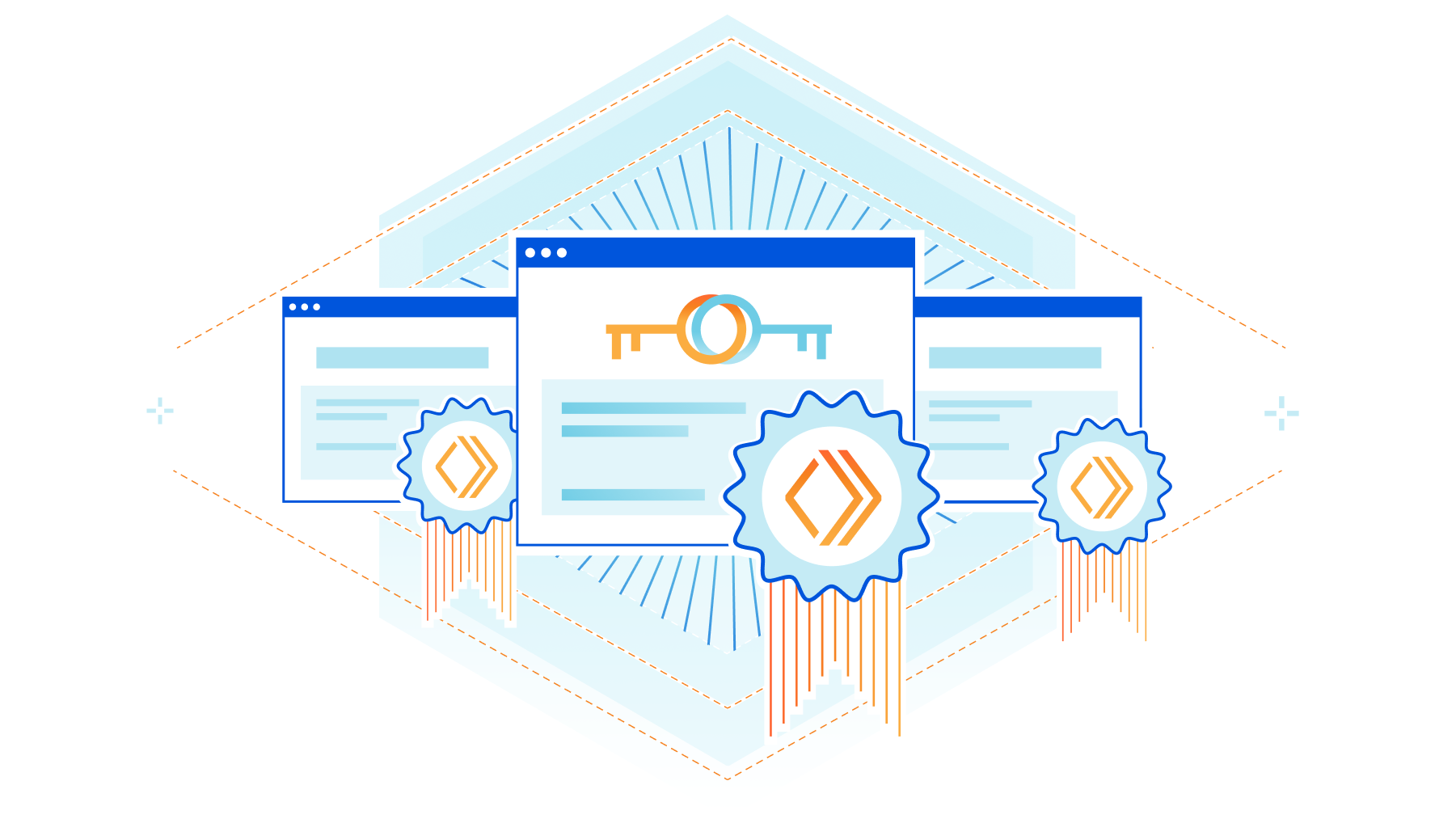
We’re excited to announce that Workers will soon be able to send outbound requests through a mutually authenticated channel via mutual TLS authentication!
When making outbound requests from a Worker, TLS is always used on the server side, so that the client can validate that the information is being sent to the right destination. But in the same way, the server may want to authenticate the client to ensure that the request is coming from an authorized client. This two-way street of authentication is called Mutual TLS. In this blog, we’re going to talk through the importance of mutual TLS authentication, what it means to use mutual TLS within Workers, and how in a few months you’ll be able to use it to send information through an authenticated channel — adding a layer of security to your application!
Mutual TLS authentication works by having a server validate the client certificate against a CA. If the validation passes then the server knows that it’s the right client and will let the request go through. If the validation fails or if a client certificate is not presented then the server can choose to drop the request.


Today, we’re excited to announce Total TLS — a one-click feature that will issue individual TLS certificates for every subdomain in our customer’s domains.
By default, all Cloudflare customers get a free, TLS certificate that covers the apex and wildcard (example.com, *.example.com) of their domain. Now, with Total TLS, customers can get additional coverage for all of their subdomains with just one-click! Once enabled, customers will no longer have to worry about insecure connection errors to subdomains not covered by their default TLS certificate because Total TLS will keep all the traffic bound to the subdomains encrypted.
In 2014, we announced Universal SSL — a free TLS certificate for every Cloudflare customer. Universal SSL was built to be a simple “one-size-fits-all” solution. For customers that use Cloudflare as their authoritative DNS provider, this certificate covers the apex and a wildcard e.g. example.com and *.example.com. While a Universal SSL certificate provides sufficient coverage for most, some customers have deeper subdomains like a.b.example.com for which they’d like TLS coverage. For those customers, we built Advanced Certificate Manager — a Continue reading
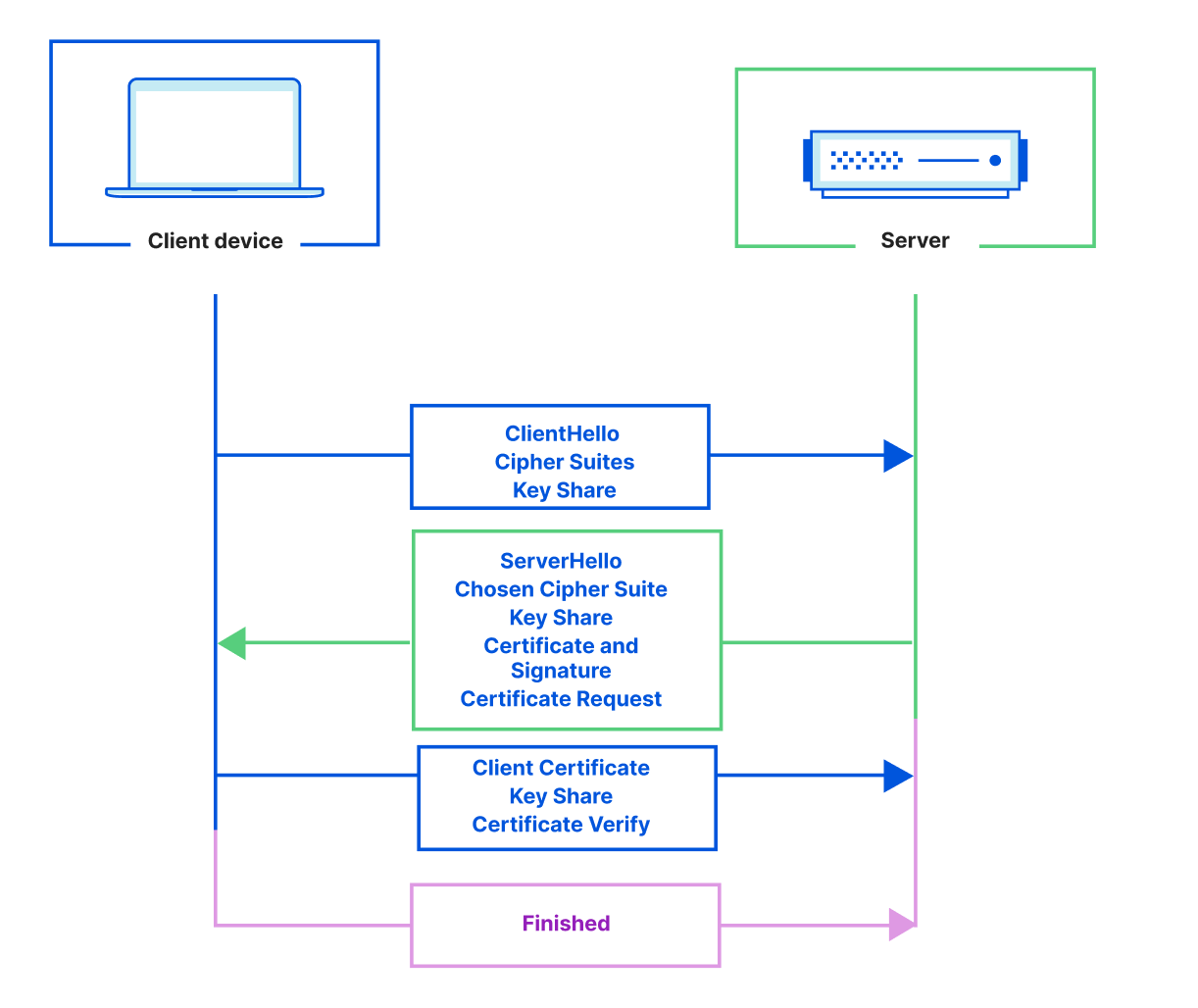
Cloudflare has a large base of Software-as-a-Service (SaaS) customers who manage thousands or millions of their customers’ domains that use their SaaS service. We have helped those SaaS providers grow by extending our infrastructure and services to their customer’s domains through a product called Cloudflare for SaaS. Today, we’re excited to give our SaaS providers a new tool that will help their customers add an extra layer of security: they can now enable mutual TLS authentication on their customer’s domains through our Access product.
When you connect to a website, you should see a lock icon in the address bar — that’s your browser telling you that you’re connecting to a website over a secure connection and that the website has a valid public TLS certificate. TLS certificates keep Internet traffic encrypted using a public/private key pair to encrypt and decrypt traffic. They also provide authentication, proving to clients that they are connecting to the correct server.
To make a secure connection, a TLS handshake needs to take place. During the handshake, the client and the server exchange cryptographic keys, the client authenticates the identity of the server, and both the client and the server generate Continue reading
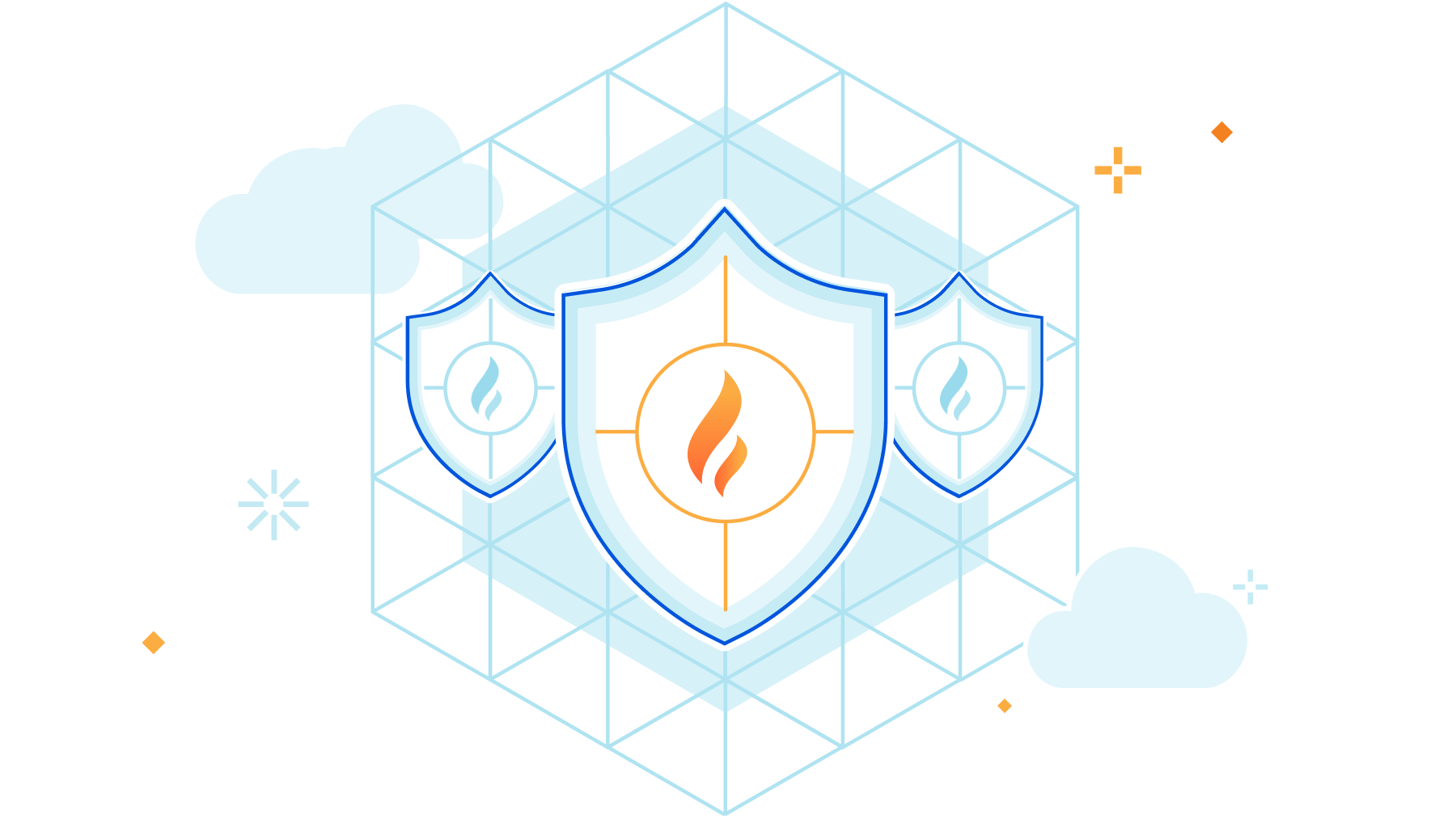
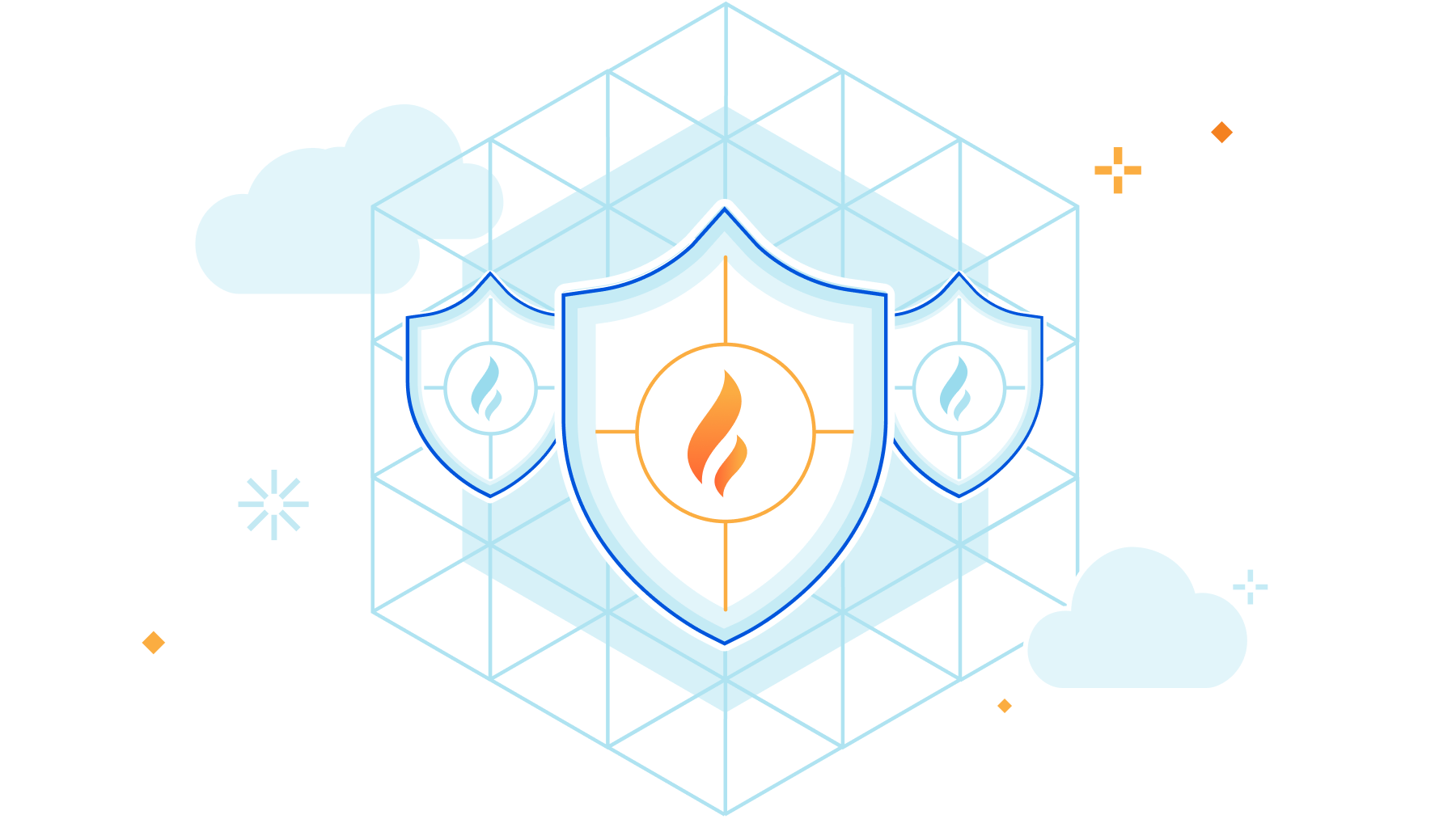
Some of the largest Software-as-a-Service (SaaS) providers use Cloudflare as the underlying infrastructure to provide their customers with fast loading times, unparalleled redundancy, and the strongest security — all through our Cloudflare for SaaS product. Today, we’re excited to give our SaaS providers new tools that will help them enhance the security of their customers’ applications.
For our Enterprise customers, we’re bringing WAF for SaaS — the ability for SaaS providers to easily create and deploy different sets of WAF rules for their customers. This gives SaaS providers the ability to segment customers into different groups based on their security requirements.
For developers who are getting their application off the ground, we’re thrilled to announce a Free tier of Cloudflare for SaaS for the Free, Pro, and Biz plans, giving our customers 100 custom hostnames free of charge to provision and test across their account. In addition to that, we want to make it easier for developers to scale their applications, so we’re happy to announce that we are lowering our custom hostname price from \$2 to \$0.10 a month.
But that’s not all! At Cloudflare, we believe security should be available for all. That’s why we’re extending a Continue reading
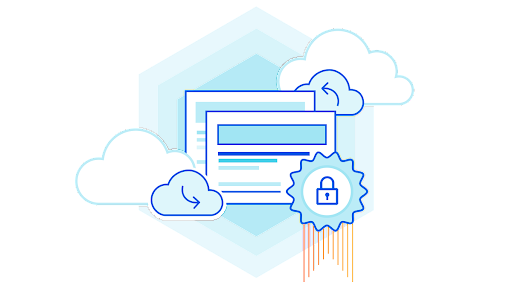
At Cloudflare, we pride ourselves in giving every customer the ability to provision a TLS certificate for their Internet application — for free. Today, we are responsible for managing the certificate lifecycle for almost 45 million certificates from issuance to deployment to renewal. As we build out the most resilient, robust platform, we want it to be “future-proof” and resilient against events we can’t predict.
Events that cause us to re-issue certificates for our customers, like key compromises, vulnerabilities, and mass revocations require immediate action. Otherwise, customers can be left insecure or offline. When one of these events happens, we want to be ready to mitigate impact immediately. But how?
By having a backup certificate ready to deploy — wrapped with a different private key and issued from a different Certificate Authority than the primary certificate that we serve.
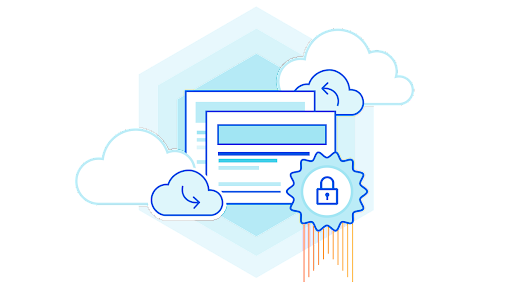
Cloudflare re-issues certificates every day — we call this a certificate renewal. Because certificates come with an expiration date, when Cloudflare sees that a certificate is expiring soon, we initiate a new certificate renewal order. This way, by the time the certificate expires, we already have an updated certificate deployed and ready to use for Continue reading


During Developer Week a few months ago, we opened up the Beta for Cloudflare for SaaS: a one-stop shop for SaaS providers looking to provide fast load times, unparalleled redundancy, and the strongest security to their customers.
Since then, we’ve seen numerous developers integrate with our technology, allowing them to spend their time building out their solution instead of focusing on the burdens of running a fast, secure, and scalable infrastructure — after all, that’s what we’re here for.
Today, we are very excited to announce that Cloudflare for SaaS is generally available, so that every customer, big and small, can use Cloudflare for SaaS to continue scaling and building their SaaS business.
If you’re running a SaaS company, you have customers that are fully reliant on you for your service. That means you’re responsible for keeping their domain fast, secure, and protected. But this isn’t simple. There’s a long checklist you need to get through to put a solution in your customers’ hands:


We are excited to announce that Enterprise customers now have the ability to test custom uploaded certificates in a staging environment before pushing them to production.
If you’re running a website or the API that’s behind a popular app, you know your users have high expectations: it can't just be up and running; it also has to be fast and secure. One of the easiest and most standardized ways to secure connections is with the TLS protocol. To do that, you need to acquire a TLS certificate for your domain.
One way to get a certificate is by using a CDN provider, like Cloudflare. We make the process really easy by issuing certificates on your behalf. Not just that, but when your certificate is getting closer to its expiration date, we are responsible for re-issuing it. But, if you don’t want Cloudflare to issue the certificate on your behalf and want to obtain the certificate yourself, you can do so. You can either keep control of your private key, or generate a Certificate Signing Request (CSR) through Cloudflare, so we maintain the private key, but you can still use the certificate authority (CA) of Continue reading


In our last blog, we talked about how Cloudflare can help SaaS providers extend the benefits of our network to their customers. Today, we’re excited to announce that SaaS providers will now be able to give their customers visibility into what happens to their traffic when the customer onboards onto the SaaS provider, and inherently, onto the Cloudflare network.
As a SaaS provider, you want to see the analytics about the traffic bound for your service. Use it to see the global distribution of your customers, or to measure the success of your business. In addition to that, you want to provide the same insights to your individual customers. That’s exactly what Custom Hostname Analytics allows you to do!
Imagine you run a SaaS service for burrito shops, called The Burrito Bot. You have your burrito service set up on shop.theburritobot.com and your customers can use your service either through a subdomain of your zone, i.e. dina.theburritobot.com, or through their own website e.g. burrito.example.com.

When customers onboard to your burrito service, they become fully reliant on you to provide their website with the fastest load time, the Continue reading


This past April, we announced the Cloudflare for SaaS Beta which makes our SSL for SaaS product available to everyone. This allows any customer — from first-time developers to large enterprises — to use Cloudflare for SaaS to extend our full product suite to their own customers. SSL for SaaS is the subset of Cloudflare for SaaS features that focus on a customer’s Public Key Infrastructure (PKI) needs.
Today, we’re excited to announce all the customizations that our team has been working on for our Enterprise customers — for both Cloudflare for SaaS and SSL for SaaS.
If you’re running a SaaS company, your solution might exist as a subdomain of your SaaS website, e.g. template.<mysaas>.com, but ideally, your solution would allow the customer to use their own vanity hostname for it, such as example.com.
The most common way to begin using a SaaS company’s service is to point a CNAME DNS record to the subdomain that the SaaS provider has created for your application. This ensures traffic gets to the right place, and it allows the SaaS provider to make infrastructure changes without Continue reading
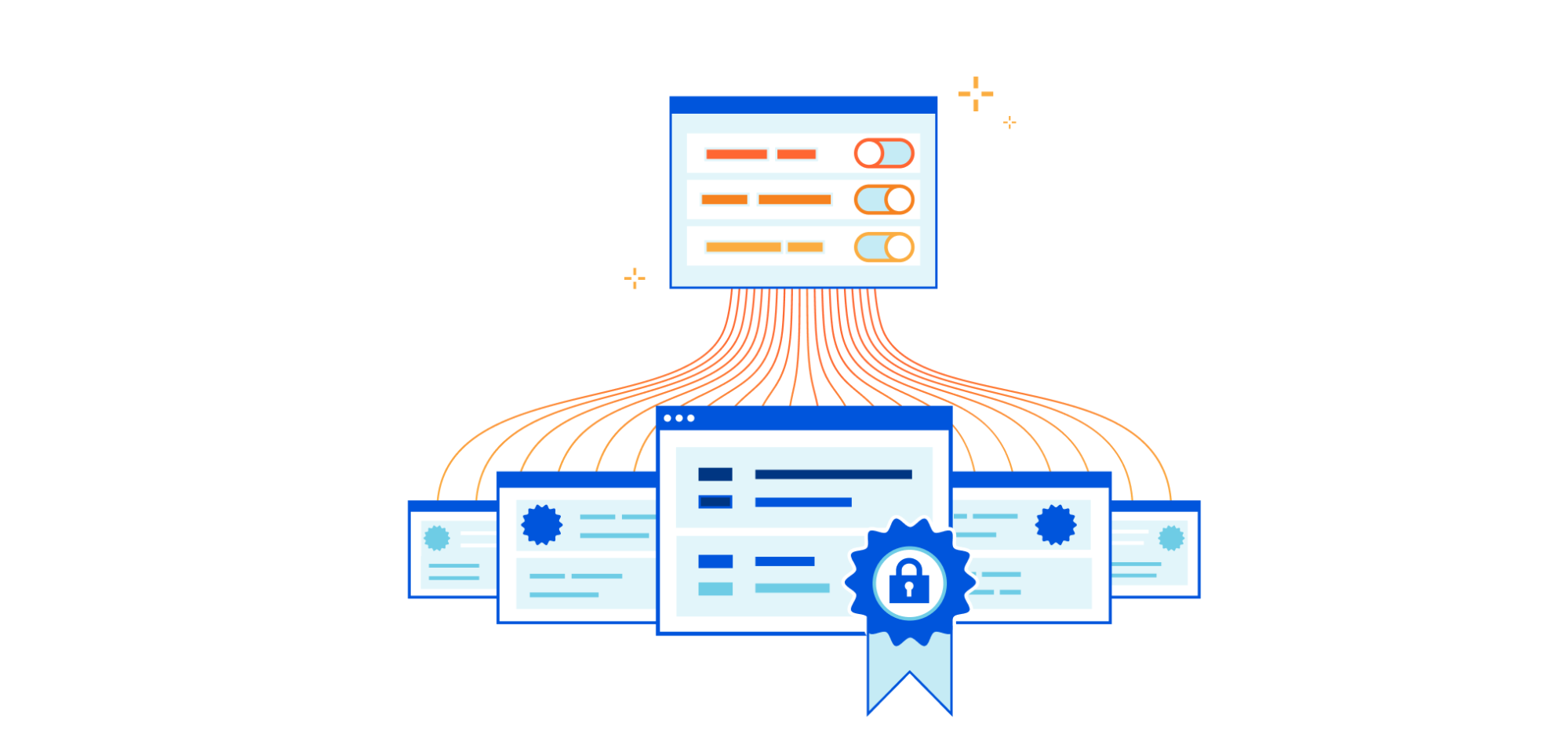
In 2016, we launched Dedicated Certificates. Today, we are excited to announce that dedicated certs are getting an upgrade… and a new name… introducing Advanced Certificate Manager! Advanced Certificate Manager is a flexible and customizable way to manage your certificates on Cloudflare.
TLS Certificates are the reason you can safely browse the Internet, securely transfer money online, and keep your passwords private. They do that by encrypting your sensitive messages using public-key cryptography that is cryptographically linked to the certificate itself. But beyond that, TLS certificates are used to make an assertion about identity — verifying that the server is who they claim to be. Server Certificates — used by every website — include the website's name on the certificate and is issued by a third-party certificate authority (CA) who verifies that the certificate's information is correct and accurate.
Browsers only let you visit a website when it's encrypted using TLS after it has successfully validated the certificate presented by the server — much like how security checks your ID to board a plane.
We are focusing on securing the Internet now more than ever. We want to make it as easy as possible for any customer to be Continue reading


In DNS, nameservers are responsible for serving DNS records for a zone. How the DNS records populate into the nameservers differs based on the type of nameserver.
A primary master is a nameserver that manages a zone’s DNS records. This is where the zone file is maintained and where DNS records are added, removed, and modified. However, relying on one DNS server can be risky. What if that server goes down, or your DNS provider has an outage? If you run a storefront, then your customers would have to wait until your DNS server is back up to access your site. If your website were a brick and mortar store, this would be effectively like boarding up the door while customers are trying to get in.This type of outage can be very costly.
Now imagine you have another DNS server that has a replica of your DNS records. Wouldn’t it be great to have it as a back-up if your primary nameserver went down? Or better yet, what if both served your DNS records at all times— this could help decrease the latency of DNS requests, distribute the load between Continue reading

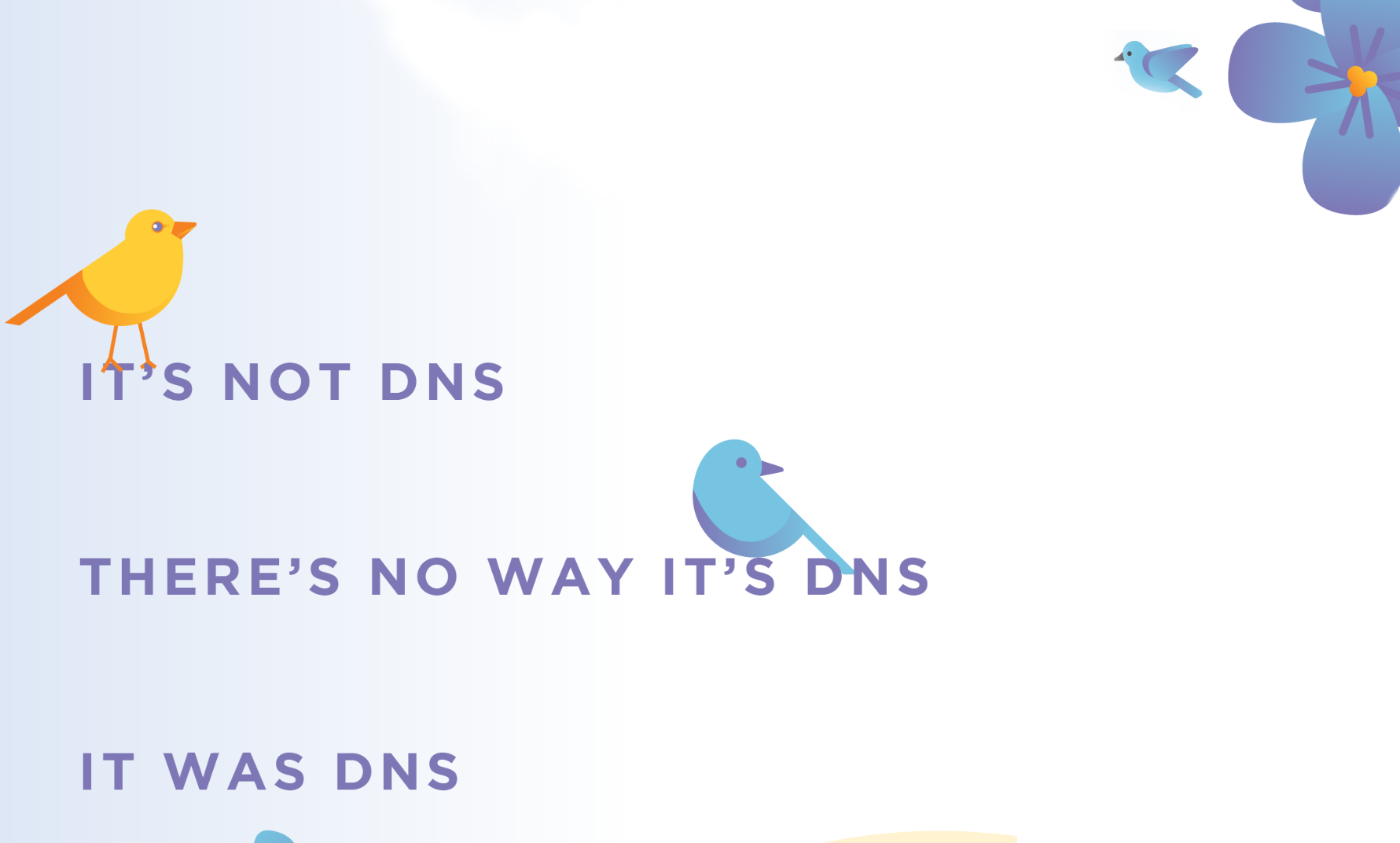
DNS is the very first step in accessing any website, API, or pretty much anything on the Internet, which makes it mission-critical to keeping your site up and running. This week, we are launching two significant changes that allow our customers to better maintain and update their DNS records. For customers who use Cloudflare as their authoritative DNS provider, we’ve added a much asked for feature: confirmation to DNS record edits. For our secondary DNS customers, we’re excited to provide a brand new onboarding experience.
One of the benefits of using Cloudflare DNS is that changes quickly propagate to our 200+ data centers. And I mean very quickly: DNS propagation typically takes <5 seconds worldwide. Our UI was set up to allow customers to edit records, click out of the input box, and boom! The record has propagated!

There are a lot of advantages to fast DNS, but there's also one clear downside – it leaves room for fat fingering. What if you accidentally toggle the proxy icon, or mistype the content of your DNS record? This could result in users not being able to access your website or API and could cause a significant outage. To Continue reading

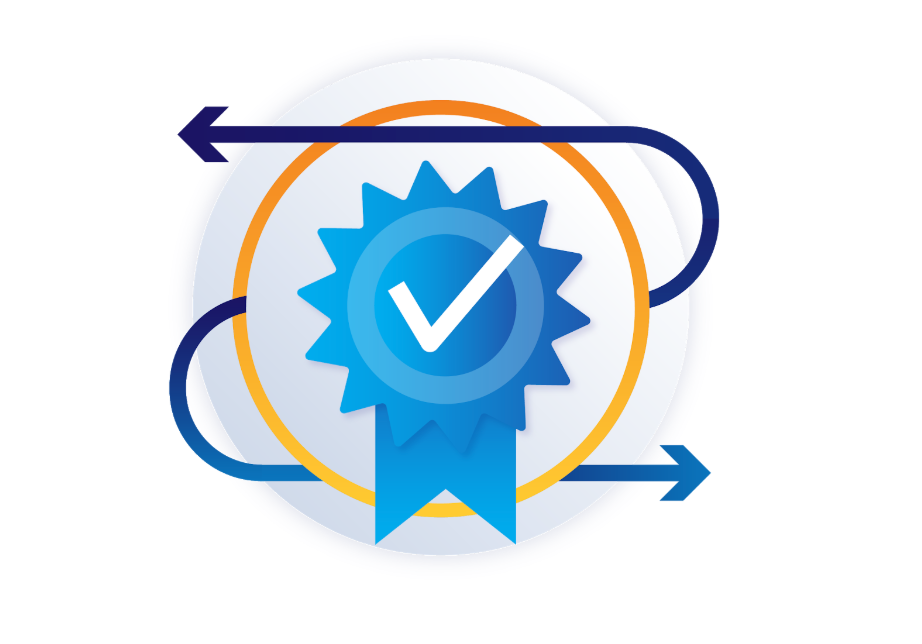
This blog post is part of Crypto Week 2019.
Trust on the Internet is underpinned by the Public Key Infrastructure (PKI). PKI grants servers the ability to securely serve websites by issuing digital certificates, providing the foundation for encrypted and authentic communication.
Certificates make HTTPS encryption possible by using the public key in the certificate to verify server identity. HTTPS is especially important for websites that transmit sensitive data, such as banking credentials or private messages. Thankfully, modern browsers, such as Google Chrome, flag websites not secured using HTTPS by marking them “Not secure,” allowing users to be more security conscious of the websites they visit.
This blog post introduces a new, free tool Cloudflare offers to CAs so they can further secure certificate issuance. But before we dive in too deep, let’s talk about where certificates come from.
Certificate Authorities (CAs) are the institutions responsible for issuing certificates.
When issuing a certificate for any given domain, they use Domain Control Validation (DCV) to verify that the entity requesting a certificate for the domain is the legitimate owner of the domain. With DCV the domain owner:


To kick-off Crypto Week 2019, we are really excited to announce a new solution to a long-standing problem in cryptography. To get a better understanding of the technical side behind this problem, please refer to the next post for a deeper dive.
Everything from cryptography to big money lottery to quantum mechanics requires some form of randomness. But what exactly does it mean for a number to be randomly generated and where does the randomness come from?
Generating randomness dates back three thousand years, when the ancients rolled “the bones” to determine their fate. Think of lotteries-- seems simple, right? Everyone buys their tickets, chooses six numbers, and waits for an official to draw them randomly from a basket. Sounds like a foolproof solution. And then in 1980, the host of the Pennsylvania lottery drawing was busted for using weighted balls to choose the winning number. This lesson, along with the need of other complex systems for generating random numbers spurred the creation of random number generators.
Just like a lottery game selects random numbers unpredictably, a random number generator is a device or software responsible for generating sequences of numbers in an unpredictable manner. As the need for Continue reading